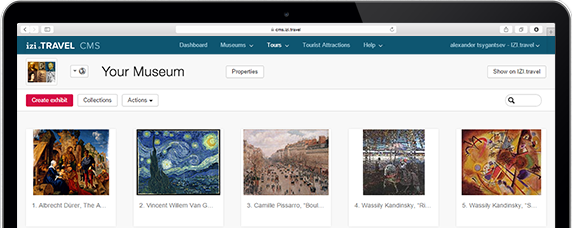Interior of houses
Update Required To play the media you will need to either update your browser to a recent version or update your Flash plugin.
The Apple Blossom interior.
Dating from 1820 this apple-blossem living room was in use until 1967 when it was saved from demolition.
Characteristic are the wooden fireplace, the dustballs hanging from the ceiling and the sail that was used as floor covering in wintertime. The sail were air and waterproof so the wind with blowed underneath the houses didn't come in. The bedstead was blue-painted to repel insects. Inside the bedstead was place for mom and dad en the youngest one at the foot. Underneath was place for 3 kids. Most families had more than 10 kids. When the boys became 12 years old they had to sleep aboard the dogger. The girls had to work as a maid for rich people in city's like Amsterdam, Haarlem, Alkmaar or with rich farmers.
Wood-graines Interior.
From 1750 on this type of wood-grained interior became popular with those better-off in the Dutch country-side. The girls who worked for those better-off people came home to Volendam and wanted that painting style in their own house. Late 19th century the people of Volendam became rich enough to have the wood-grained interior.
This interior you see know is a 1920 living room with furniture, glazed cabinet with china and bric-a-brac, cupbourd with images of saints. The lamp-shade as got 14,000 beads.
There was always a chair on the skirting-board. Nowbody was
allowed to sit on the chair except the pastor or doctor. He was kept for high guests.
Dating from 1820 this apple-blossem living room was in use until 1967 when it was saved from demolition.
Characteristic are the wooden fireplace, the dustballs hanging from the ceiling and the sail that was used as floor covering in wintertime. The sail were air and waterproof so the wind with blowed underneath the houses didn't come in. The bedstead was blue-painted to repel insects. Inside the bedstead was place for mom and dad en the youngest one at the foot. Underneath was place for 3 kids. Most families had more than 10 kids. When the boys became 12 years old they had to sleep aboard the dogger. The girls had to work as a maid for rich people in city's like Amsterdam, Haarlem, Alkmaar or with rich farmers.
Wood-graines Interior.
From 1750 on this type of wood-grained interior became popular with those better-off in the Dutch country-side. The girls who worked for those better-off people came home to Volendam and wanted that painting style in their own house. Late 19th century the people of Volendam became rich enough to have the wood-grained interior.
This interior you see know is a 1920 living room with furniture, glazed cabinet with china and bric-a-brac, cupbourd with images of saints. The lamp-shade as got 14,000 beads.
There was always a chair on the skirting-board. Nowbody was
allowed to sit on the chair except the pastor or doctor. He was kept for high guests.
创建您自己的音频之旅!
使用此系统的移动导游应用是免费的

